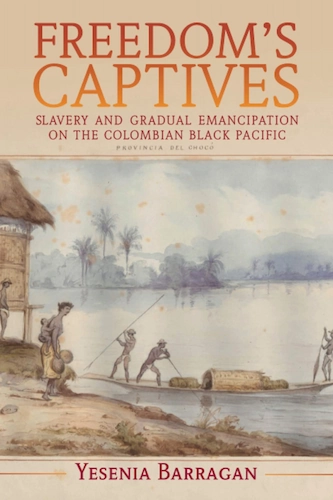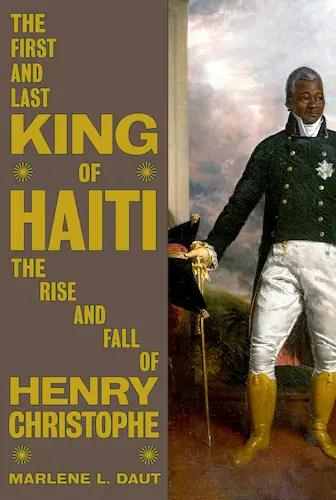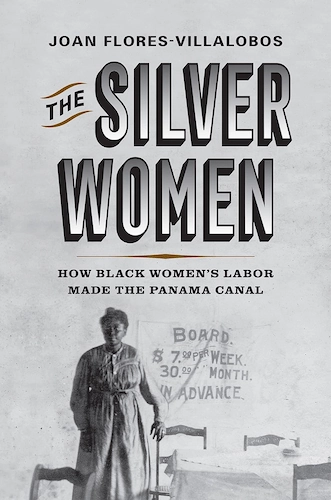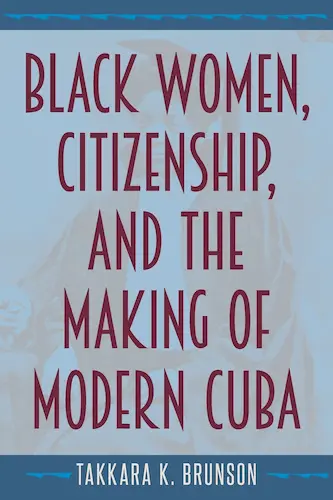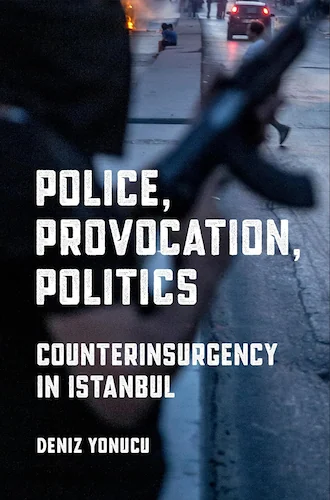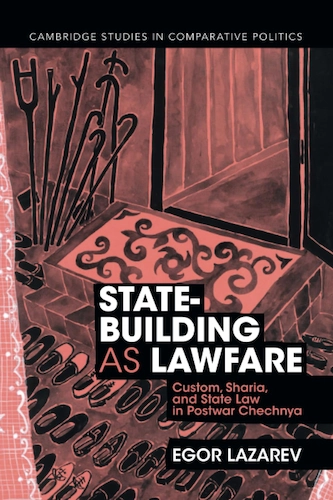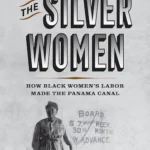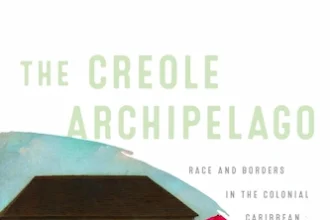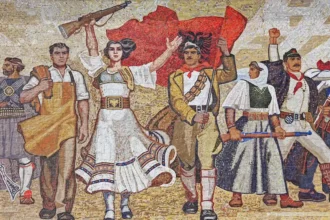Yesenia Barragan’s Freedom’s Captives: Slavery and Gradual Emancipation on the Colombian Black Pacific (Cambridge University Press, 2021), winner of the 2022 Wesley-Logan Prize in African Diaspora History, is a pivotal contribution to the historiography of abolition in Latin America. Barragan’s work meticulously examines the Colombian Free Womb Law of 1821, situating it within the broader Atlantic abolitionist movement. Her study illuminates how this law, ostensibly designed to phase out slavery, paradoxically entrenched new forms of racial governance, perpetuating de facto servitude under the guise of legal freedom.
Barragan argues that the gradual emancipation model constituted a modern mechanism of racial control, where “free” children born to enslaved mothers remained bound to their mother’s masters until adulthood. This legal framework fostered what she terms “racial governance,” embedding systemic inequalities that outlived formal abolition in 1852. Through detailed archival research, she uncovers the contradictions of liberal freedom—how it simultaneously promised emancipation while institutionalizing captivity.
The book is organized into three interlinked parts. The first section explores the socio-economic fabric of the Colombian Black Pacific, focusing on regions like Chocó, where enslaved and free Black communities navigated autonomy within oppressive structures. Barragan’s ethnographic lens reveals how geography and local economies shaped resistance and survival strategies. The second part delves into the legal and political landscapes that birthed the Free Womb Law, highlighting the influence of revolutionary anti-slavery rhetoric juxtaposed against entrenched slaveholder interests. The final section scrutinizes the aftermath of abolition, detailing how former slaves grappled with systemic barriers that restricted genuine autonomy.
One of the book’s significant strengths lies in its interdisciplinary approach, blending legal history, political theory, and cultural studies. Barragan’s engagement with concepts from scholars like Saidiya Hartman enriches her analysis of the archival silences surrounding enslaved individuals’ lived experiences. Her narrative reconstructs these lives, offering a profound critique of the liberal promises of freedom that often masked continued exploitation.
Freedom’s Captives challenges conventional abolition narratives by exposing the complexities and contradictions inherent in gradual emancipation policies. It is an essential read for scholars of Latin American history, African diaspora studies, and human rights, providing critical insights into the enduring legacies of slavery in shaping modern racial and social hierarchies.
For those interested in understanding the nuanced history of abolition and its afterlives, Barragan’s work is not just an academic milestone but a compelling call to reassess how we define and recognize freedom. The book is available here.


